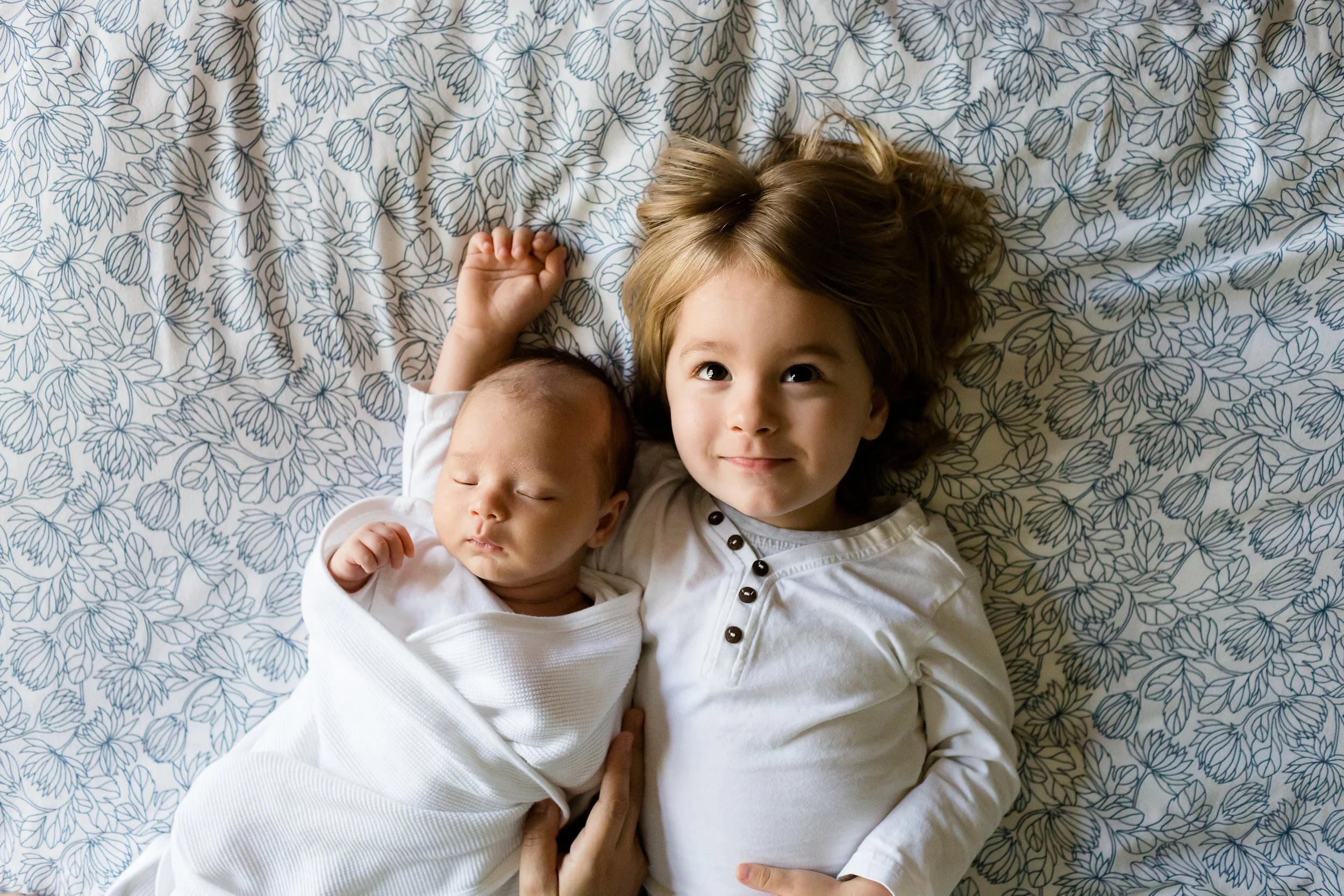Mental Health Therapy
I believe therapeutic change is relational, historical, and formed in a symbolically rich space.
About Infant Mental Health
Infant mental health provides psycho-education through parent-child psychotherapy to uncover the underlying needs for both parent and child in moments of stress. Sometimes that means reflecting on the history of the parent's memory of being parented. Sometimes it means discovering rituals to soothe the parent prior to soothing the child. Sometimes it means finding creative child-like ways of expressing emotions without words.
Research tells us the brain develops fastest in the first few years of life. Much of the positive growth is attributed to strong relationships between an infant and toddler and their primary caregivers. When the caregiver provides consistent and available reflection of emotions and needs then the child grows a sense of how to handle their feelings and how to think and feels about themselves. Loving, understanding, and predictable parenting provides the rituals and routines needed for a child to develop the beginnings of their personality with security. This early sense of trust establishes emotionally stronger children, teens and adults.
What to Expect in a Session
Discuss what are the current struggles and desired outcomes?
Review sleep, diet, and current routine
Explore family roles, responsibilities and history
Pregnancy/Birth Story or Foster/Adoption Story
Understanding social-emotional needs in the parent-child context
Talk, Play and Art therapy in combination allow for communication to change with expression, identification, new insights and practice of alternative perspectives.
I believe actions often speak louder than words. So when it comes to strengthening relationships, much of how I work is with symbol, movement, and play before speaking. Sometimes I will have directives and specific activities to try, but often I will create a space for both adults and children to interact differently. Then we will reflect and create new names for what is happening in the relationship.
The work may be focused on strengthening the parent's confidence in parenting; identifying the feeling underlying the disruptive behaviors of the child; supporting both parent and child in positive separation and reunion experiences; decreasing throwing, kicking, screaming, and crying episodes through supportive play and new rhythms of communication.
““Becoming a parent, in more or less conscious ways, puts people in touch both with their own childhood and their parents. This looking backwards and forwards, so strong at this particular point in life, is a key aspect in the development of the personality. A developmental push forward, however, is only possible if a previous phase of life can be mourned and worked through.”
”
